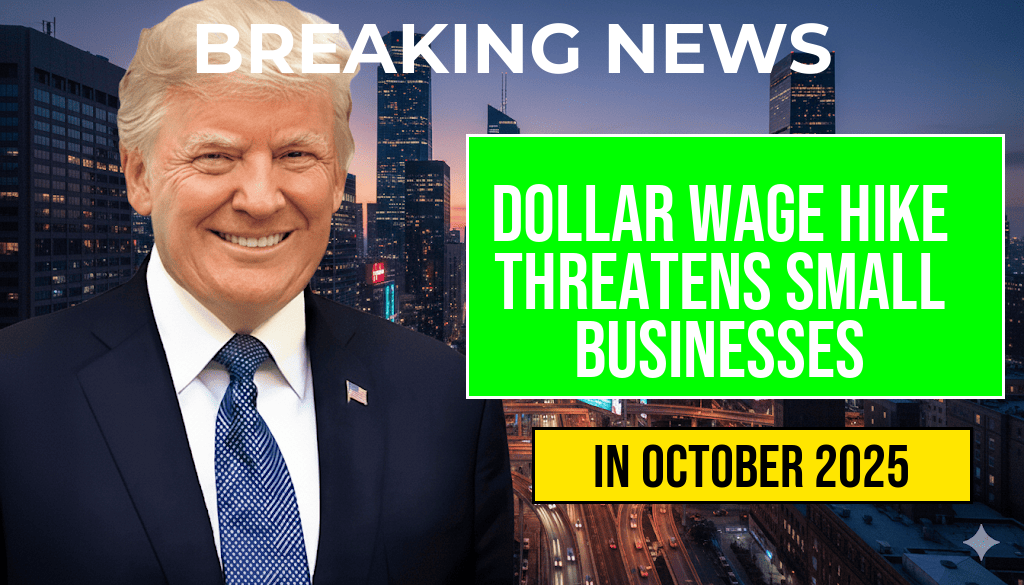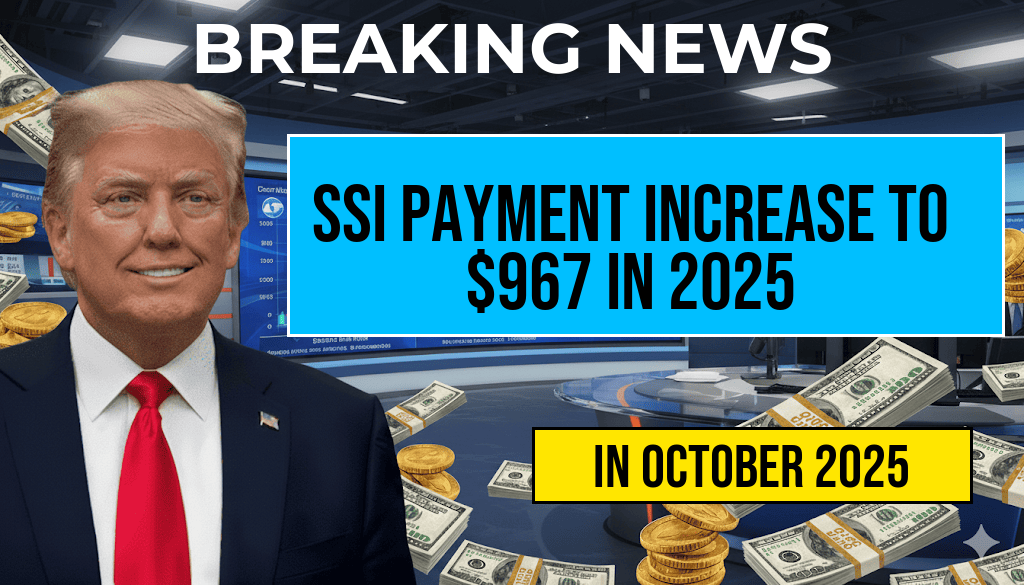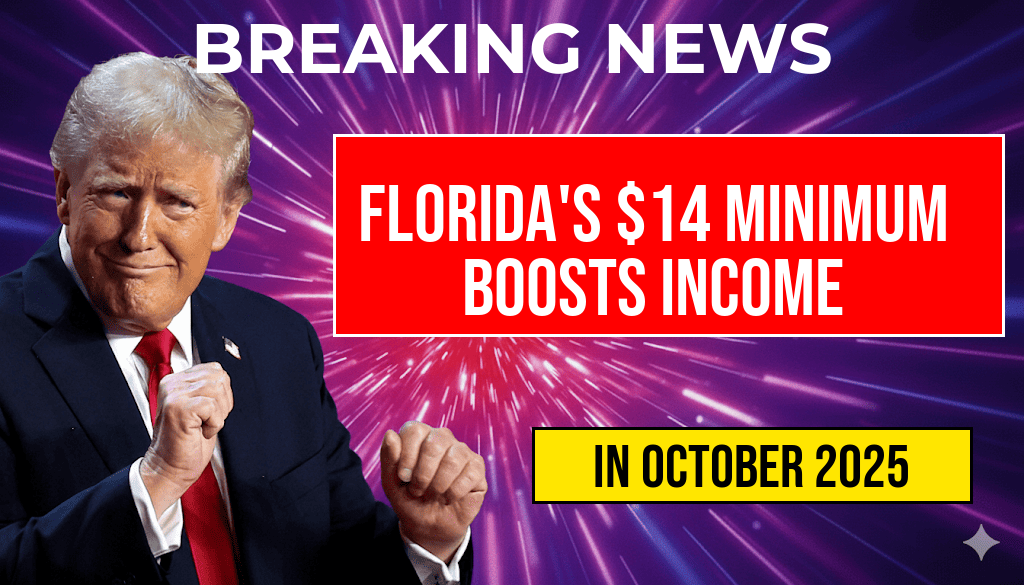The debate over raising the minimum wage to as little as $1 per hour has reignited concerns among small business owners about the potential financial strain and subsequent layoffs. While proponents argue that such a significant increase could boost worker morale and reduce turnover, critics warn that the drastic change might push many small enterprises to the brink, forcing them to cut jobs or shutter entirely. As policymakers grapple with balancing economic growth and fair wages, understanding how a $1-hour wage hike could impact small businesses remains critical. This article examines the possible economic repercussions, explores recent examples, and considers the broader implications for employment and small business sustainability.
The Economic Context of a $1 Minimum Wage Increase
Implementing a minimum wage increase to $1 may seem modest compared to current federal standards, but for small businesses operating on thin profit margins, even small adjustments can have outsized effects. Many small enterprises rely heavily on low-wage labor, and a sudden increase could significantly raise payroll expenses. According to the Wikipedia entry on minimum wage, wage increases are often associated with reduced employment levels, particularly in industries like retail, hospitality, and agriculture where low wages predominate.
Potential Financial Challenges for Small Businesses
- Increased Operating Costs: Small businesses may face higher payroll expenses, which could erode profit margins, especially if they cannot immediately pass costs onto consumers.
- Cash Flow Pressures: Immediate wage hikes can strain cash flow, forcing businesses to delay payments or reduce inventory investments.
- Reduced Hiring and Expansion: With limited financial buffers, some owners might freeze hiring plans or postpone expansion efforts, impacting future growth prospects.
Historical Perspectives and Case Studies
While a $1 increase is relatively mild compared to recent wage hikes, historical data offers insights into potential outcomes. For example, a 2019 study by the Congressional Budget Office (CBO) analyzed the impact of raising the federal minimum wage to $15 per hour by 2025. Results indicated that while employment might slightly decline in some sectors, overall economic activity would see modest growth due to increased consumer spending. However, small businesses—particularly those with limited capital reserves—could be disproportionately affected, leading to layoffs or closures in some cases.
In states like California and New York, where minimum wages have steadily increased over recent years, small businesses have reported mixed results. Some have adapted through efficiency improvements or price adjustments, while others have had to cut hours or reduce staff. Industry-specific studies suggest that businesses in hospitality and retail are most vulnerable to wage hikes, given their reliance on low-wage workers.
Balancing Wage Gains with Business Viability
Policymakers face a complex challenge: how to improve worker compensation without jeopardizing the viability of small businesses. A gradual approach, combined with targeted support measures such as tax credits or training grants, could mitigate adverse effects. For instance, the Small Business Administration (SBA) offers resources to help small businesses adapt to changing wage laws and improve efficiency.
Potential Policy Tools and Support Mechanisms
| Policy Tool | Description | Expected Benefit |
|---|---|---|
| Tax Credits | Offering tax incentives to offset higher payroll costs | Reduces net expenses for small employers |
| Training Grants | Funding for skills development to improve productivity | Helps businesses do more with less |
| Gradual Implementation | Phasing in wage increases over several years | Allows businesses to adjust financially |
Broader Employment Implications
While some small business owners worry about layoffs, others contend that increased wages can stimulate demand, leading to more robust economic activity. Higher income workers tend to spend more, especially in local communities, which could benefit small businesses indirectly. However, the risk remains that in sectors with tight margins, employment levels may decline if wages rise too rapidly or without sufficient support structures in place.
Employment Trends and Future Outlook
Labor market data suggests that small businesses are often responsive to wage changes. According to the Bureau of Labor Statistics, employment in small firms tends to be more elastic, meaning they adjust employment levels more readily in response to economic shifts. Whether a $1 increase would lead to significant layoffs depends on numerous factors, including industry, geographic location, and overall economic conditions.
The Role of Policymakers and Stakeholders
As discussions continue around wage policies, stakeholders advocate for balanced approaches that consider both workers’ income needs and small business sustainability. Engaging business associations, labor groups, and economic experts can foster strategies that minimize employment disruptions while ensuring fair compensation.
Ultimately, the impact of a $1 wage increase on small businesses hinges on implementation specifics and accompanying policy measures. While some businesses may face short-term hurdles, others could find new opportunities for growth and innovation if supported adequately. Monitoring and adaptive policy responses will be key to navigating this complex economic landscape.
Frequently Asked Questions
Will increasing the minimum wage to one dollar significantly impact small businesses?
Yes, raising the minimum wage to one dollar can increase operational costs for small businesses, potentially leading to layoffs if they cannot absorb the additional expenses.
What types of small businesses are most at risk from a wage increase?
Small retail stores, restaurants, and service providers are often most vulnerable, as they typically operate with tight profit margins and rely heavily on low-wage employees.
Could a wage increase lead to higher prices for consumers?
Yes, to offset increased labor costs, some small businesses might pass on the expenses to consumers through higher prices, potentially affecting sales and customer satisfaction.
Are there any benefits for small businesses from increasing the minimum wage?
Increased wages can lead to higher employee morale, reduced turnover, and improved productivity, which may benefit small businesses in the long term.
What strategies can small businesses adopt to manage the impact of a wage increase?
Small businesses can consider cost management, investing in employee training to improve efficiency, or exploring automation and productivity enhancements to offset higher wages.






